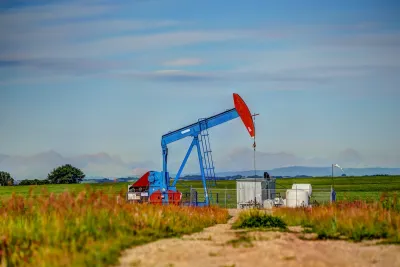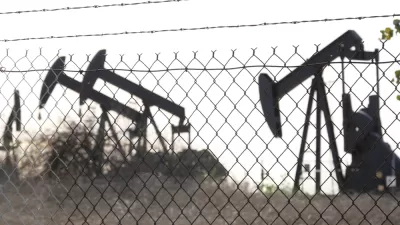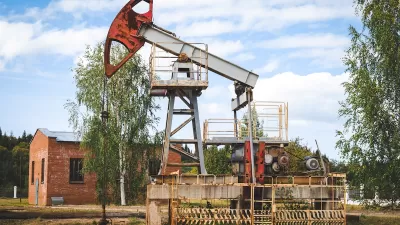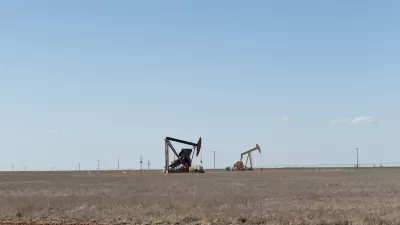Alberta’s upcoming plan to address nearly 80,000 abandoned oil wells has sparked controversy over the potential use of public funds, despite government claims that taxpayers won’t be footing the bill.

Alberta’s government is preparing to release a report detailing its strategy for addressing nearly 80,000 abandoned and inactive oil wells, but the plan is already drawing criticism and concern over the potential use of public funds. As reported by Jim Wilson, the draft report—authored by former oilfield services executive David Yager—proposes the creation of government-owned companies that would extract remaining oil from mature wells and use the profits to fund cleanup. The report also recommends the formation of an industry-funded insurance pool that would be backed by provincial resources, raising fears that taxpayers may ultimately bear the financial burden.
The leaked 71-page draft, dated January 28, 2025, reflects a growing public unease around industry accountability and government oversight. The report acknowledges that “trust has been broken” between the provincial government, the energy industry, landowners, and municipalities. Alberta Premier Danielle Smith has expressed openness to creative cleanup funding strategies, including allowing companies to generate revenue from abandoned wells. However, she also conceded that such wells may not be economically viable and said she is eager to gauge public sentiment on the proposals.
In contrast, Alberta’s Energy Minister Brian Jean has denied any intention of using public funds, stating firmly that “we will not put public tax dollars into cleaning up wells.” The Alberta Energy Regulator (AER) mandates strict protocols for well abandonment under Directive 020, which outlines project planning, subsurface, and surface abandonment procedures designed to protect groundwater and the environment. The disconnect between the minister's statement and the draft plan’s recommendations has intensified public scrutiny, highlighting tensions between economic recovery efforts and environmental responsibility.
FULL STORY: Will Alberta use public funds to clean up abandoned wells?

Maui's Vacation Rental Debate Turns Ugly
Verbal attacks, misinformation campaigns and fistfights plague a high-stakes debate to convert thousands of vacation rentals into long-term housing.

Planetizen Federal Action Tracker
A weekly monitor of how Trump’s orders and actions are impacting planners and planning in America.

San Francisco Suspends Traffic Calming Amidst Record Deaths
Citing “a challenging fiscal landscape,” the city will cease the program on the heels of 42 traffic deaths, including 24 pedestrians.

Defunct Pittsburgh Power Plant to Become Residential Tower
A decommissioned steam heat plant will be redeveloped into almost 100 affordable housing units.

Trump Prompts Restructuring of Transportation Research Board in “Unprecedented Overreach”
The TRB has eliminated more than half of its committees including those focused on climate, equity, and cities.

Amtrak Rolls Out New Orleans to Alabama “Mardi Gras” Train
The new service will operate morning and evening departures between Mobile and New Orleans.
Urban Design for Planners 1: Software Tools
This six-course series explores essential urban design concepts using open source software and equips planners with the tools they need to participate fully in the urban design process.
Planning for Universal Design
Learn the tools for implementing Universal Design in planning regulations.
Heyer Gruel & Associates PA
JM Goldson LLC
Custer County Colorado
City of Camden Redevelopment Agency
City of Astoria
Transportation Research & Education Center (TREC) at Portland State University
Jefferson Parish Government
Camden Redevelopment Agency
City of Claremont





























